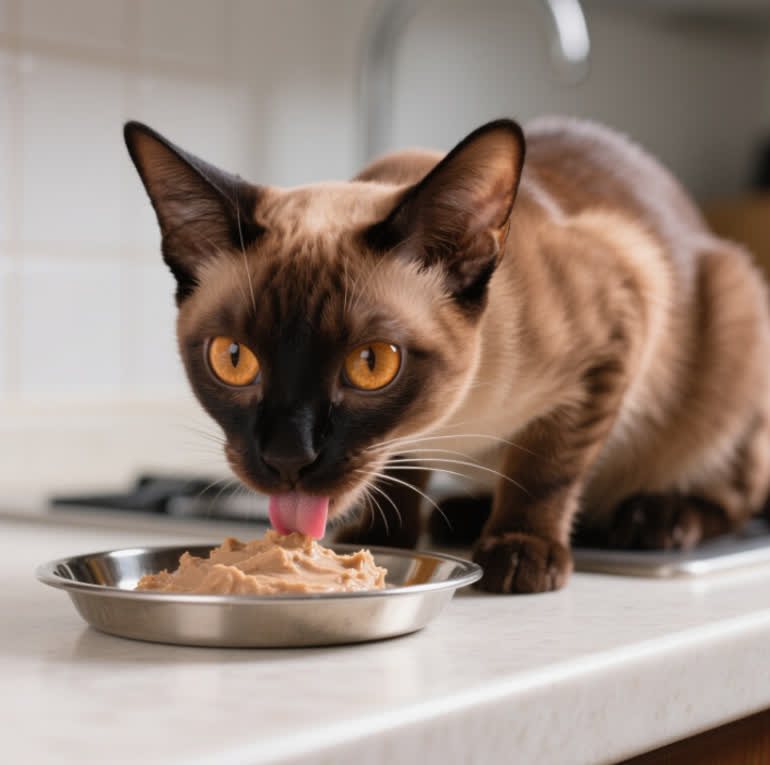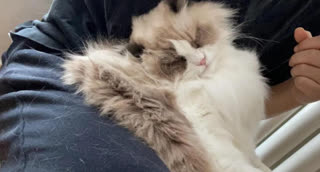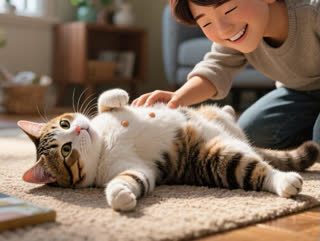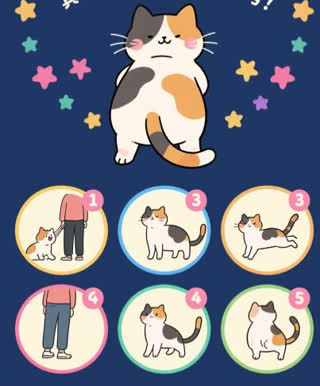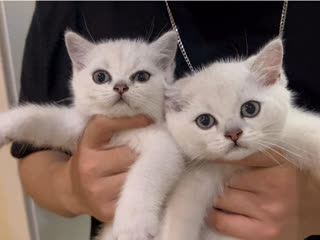The Abyssinian cat breed, known for its sleek coat, playful personality, and high energy levels, is a beloved companion in many households. However, these active felines can sometimes develop digestive sensitivities, leading pet owners to seek the best diet for Abyssinian cats with sensitive stomach. A tailored nutritional plan is crucial to support their unique metabolism while addressing gastrointestinal issues like vomiting, diarrhea, or poor nutrient absorption. In this guide, we’ll explore scientifically backed strategies to optimize your Abyssinian’s diet, ensuring they thrive without compromising their delicate digestive system.
1. Understanding the Abyssinian Cat’s Nutritional Needs
Abyssinians are obligate carnivores, requiring a diet rich in high-quality animal protein to maintain lean muscle mass and energy levels. Studies indicate that cats derive 50% of their daily calories from protein and 46% from fat, with minimal carbohydrates—mimicking their natural prey-based diet. For sensitive stomachs, prioritize highly digestible protein sources such as chicken, turkey, or hydrolyzed proteins (broken down for easier absorption). Avoid plant-based proteins (e.g., soy, corn), which are harder to digest and may trigger inflammation.
Key tip: Look for cat foods labeled “complete and balanced” with at least 30–40% protein on a dry-matter basis.
2. Ingredients to Avoid for Sensitive Stomachs
Abyssinians with digestive issues often react to common allergens or irritants. Based on veterinary research, steer clear of:
High-fat foods: Fat delays gastric emptying, worsening vomiting or diarrhea. Opt for diets with 15–20% fat (dry matter).
Artificial additives: Preservatives, dyes, and synthetic flavors can irritate the gut.
Common allergens: Beef, dairy, wheat, and fish are frequent culprits of food intolerances.
Lactose: Many adult cats lose the ability to digest dairy, leading to gas and diarrhea.
Pro tip: Transition to a novel protein diet (e.g., venison, duck) or hydrolyzed formulas to minimize allergic reactions.
3. Ideal Food Textures and Feeding Strategies
Cats with sensitive stomachs often prefer soft, moist foods that are gentle on the gut. Consider:
Wet food or pâté: Higher moisture content aids digestion and hydration.
Warm meals: Heating food to ~38°C (100°F) enhances aroma and mimics prey temperature, stimulating appetite.
Small, frequent meals: Feed 4–5 times daily to reduce gastric strain.
Avoid free-feeding, as irregular eating patterns can exacerbate digestive issues.
4. Supplements and Additives for Gut Health
Enhance your Abyssinian’s diet with gut-supportive nutrients:
Probiotics and prebiotics: Restore healthy gut flora; studies show strains like Bifidobacterium improve stool quality.
Omega-3 fatty acids: Reduce intestinal inflammation (e.g., fish oil).
Vitamin B12: Deficiency is common in cats with chronic digestive disorders; supplements can boost appetite and energy.
Note: Always consult your vet before introducing supplements.
5. Transitioning to the Best Diet for Abyssinian Cats with Sensitive Stomach
Sudden diet changes can worsen symptoms. Follow a 7–10 day transition plan:
Mix 25% new food with 75% old food for 2–3 days.
Gradually increase the new food ratio while monitoring stool consistency and energy levels.
If vomiting or diarrhea occurs, slow the transition or try a different protein source.
6. Recommended Commercial Diets
Based on clinical studies and user reviews, these brands cater to sensitive stomachs:
Royal Canin Digestive Care: High digestibility with prebiotics.
Hill’s Prescription Diet i/d: Formulated for gastrointestinal recovery.
Purina Pro Plan Hydrolyzed: Hypoallergenic and easily absorbed.
Avoid grain-free diets linked to heart issues in some cats; prioritize balanced formulas.
7. When to Consult a Veterinarian
Persistent symptoms like weight loss, bloody stool, or lethargy may indicate underlying conditions (e.g., IBD, pancreatitis). Diagnostic tests, including bloodwork and ultrasounds, are essential for tailored treatment.
Finding the best diet for Abyssinian cats with sensitive stomach requires patience and attention to their unique biology. Focus on high-protein, low-irritant foods, gradual transitions, and gut-supportive additives. By prioritizing digestibility and avoiding allergens, you can help your Abyssinian thrive while minimizing digestive distress. Always partner with your vet to tailor nutrition to your cat’s specific needs.
